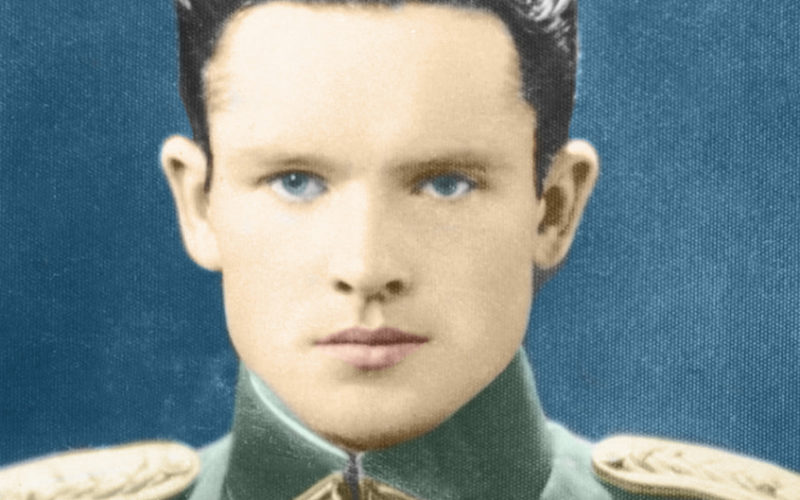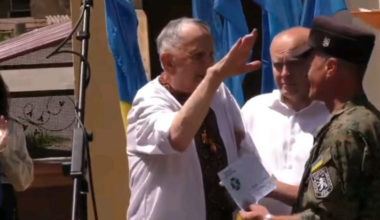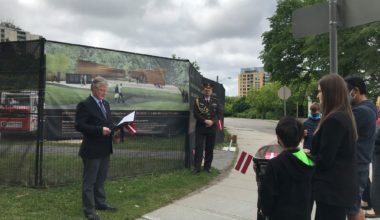On April 1, 2020, the Supreme Administrative Court of Lithuania dismissed the lawsuit filed by Grant Gochin, a Lithuanian-American, who was asking to impose an obligation onto the Genocide and Resistance Research Center of Lithuania to re-examine its historical conclusion regarding the activity of Jonas Norejka, a Nazi collaborator.
The court’s statement says that the submitted claim cannot be satisfied since it “bears no connection to the activity of the Center, but lies in the sphere of public administration.” The Court ruled out that Grant Gochin had to pay €950 in favor of the Genocide and Resistance Research Center to reimburse its legal costs.
In November 2015, the Genocide and Resistance Research Center of Lithuania published its historical conclusion on the activity of Jonas Norejka, a Lithuanian officer who collaborated with Nazis in anti-Jewish massacres of 1941 and was in charge of anti-Soviet rebels after WWII. Despite the fact that Norejka’s involvement in the Holocaust was beyond any doubt, the conclusion read, “during the German occupation Jonas Noreika did not participate in operations for the mass extermination of Jews in the districts of Telšiai and Šiauliai. However, German occupation forces had him involved, among other Lithuanian officials, in managing issues regarding isolation of Jews.”
The historical conclusion by the Genocide and Resistance Center was met with critics, among them, from Lithuania’s Jewish community, stating that: «Such an assessment of Jonas Norejka’s activities is rather confusing. From the language standpoint, one sentence contradicts the other. From the legal standpoint, putting Jewish people in ghettos, or other kind of ‘isolation’, or ”managing issues regarding isolation of Jews” is exactly what it is: elimination of Jews. Can the Genocide and Resistance Center of Lithuania explain what happened to those “isolated” Jews? Where are they now? Where are their personal belongings? Where did the Lithuanian Jewish community, ‘isolated’ during WWII, disappear?” Norejka’s granddaughter, American journalist Silvia Foti, also disagreed with the conclusion drawn by the Genocide and Resistance Center. In 2018, she published an article titled “My grandfather wasn’t a Nazi-fighting war hero — he was a brutal collaborator.” A set of arguments showing Norejka’s involvement in killings of Jews was also attached to another Grant Gochin’s filing dated August 2018, aimed at the head of the Genocide and Resistance Center. That filing was not taken into account, neither did the plaintiff’s action demand to court.
The decision by the Supreme Administrative Court of Lithuania immediately became object for exploitation by the Lithuanian parliamentary right in order to put pressure on politicians who disagreed with the glorification of Jonas Norejka. On April 6, 2020, a statement by two parliamentary members – Laurynas Kasčiūnas and Audronius Ažubalis representing the Homeland Union – Lithuanian Christian Democrats (Tėvynės sąjunga – Lietuvos krikščionys demokratai) appeared on the Lithuanian Saeima official website The two politicians asked Lithuanian Foreign Minister Linas Linkevicius and Vilnius Mayor Remigijus Šimašius to take back their critical assessment of J. Norejka.
“Any doubt, expressed publicly by Lithuanian politicians, or a fact of ignoring the court rulings (in this case regarding politics of memory) are in no way to strengthen Lithuania’s image as a rule-of-law state and plays into the pocket of Kremlin, waging an information war against our nation,” the statement said.


